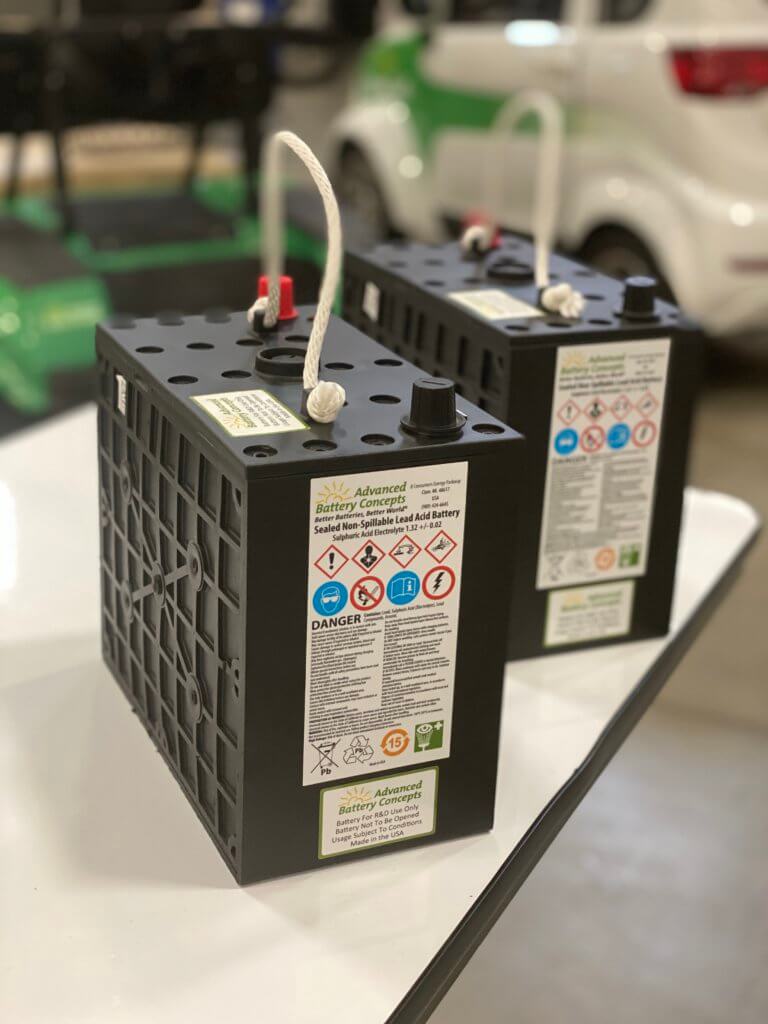
1 July 2020
NEWS RELEASE
One of the latest technology developments in lead batteries will undergo well-known automotive testing standards in a research project collaboration between Advanced Battery Concepts (ABC) and the Consortium for Battery Innovation (CBI).
Bipolar lead battery technology, which has been tipped to deliver improved dynamic charge acceptance (DCA) performance, will be independently verified by ABC using specific global automotive testing regimes verified by the scientific community.
Advanced Battery Concepts, a battery technology development company based in Michigan, US, will test their own bipolar lead batteries which have thinner enhanced positive and negative paste, specially developed for start-stop, micro and mild-hybrids. As a market estimated to represent 80% of automotive vehicles by 2030, the ability of bipolar lead batteries to deliver enhanced performance in these applications is ground-breaking.
This cutting-edge automotive battery research undertaken by ABC in conjunction with CBI aims to verify the DCA performance benefits of this technology, which is the ability of a battery to generate instantaneous energy in automotive applications, for example through regenerative braking.

Ed Shaffer, CEO of ABC, said: “We expect the micro and mild-hybrid market to grow substantially in the coming years. We think bipolar is an exceptional technology for use in this market with improved DCA performance, a key technical parameter for this application, and this project will be key in demonstrating these capabilities”.
By benchmarking performance against known standards, this could be a starting point for this technology to be rolled out across the lead battery industry as a proven technology and facilitate new avenues of research in bipolar lead batteries.
The 9-month project will also include tests for partial state-of-charge (PSoC) performance, a key requirement not only relevant for start-stop, micro and mild-hybrid vehicles, but will also provide vital insight into the capabilities of bipolar lead batteries for storing energy from intermittent renewable sources such as wind and solar applications.
“The dual nature of this research project delivers on the priority research targets set out by the Consortium to improve the performance of lead batteries in both automotive and energy storage applications to grasp future market opportunities in these sectors” said Dr Alistair Davidson, Director of CBI.
END
Notes to editors:
About CBI:
About Advanced Battery Concepts:
Advanced Battery Concepts LLC is a global battery technology development company based in Michigan, USA, and is the first company to successfully design a bipolar lead acid battery and develop and implement a commercially viable manufacturing process for such batteries. Advanced Battery Concepts is currently working with existing lead acid battery producers and engaging licensees to realize the commercial potential of its technology, as well as on-going production of batteries and additional research from its Battery Research & Engineering Development Centre in Michigan to broaden its technology portfolio. For more information, visit our website: Advanced Battery Concepts